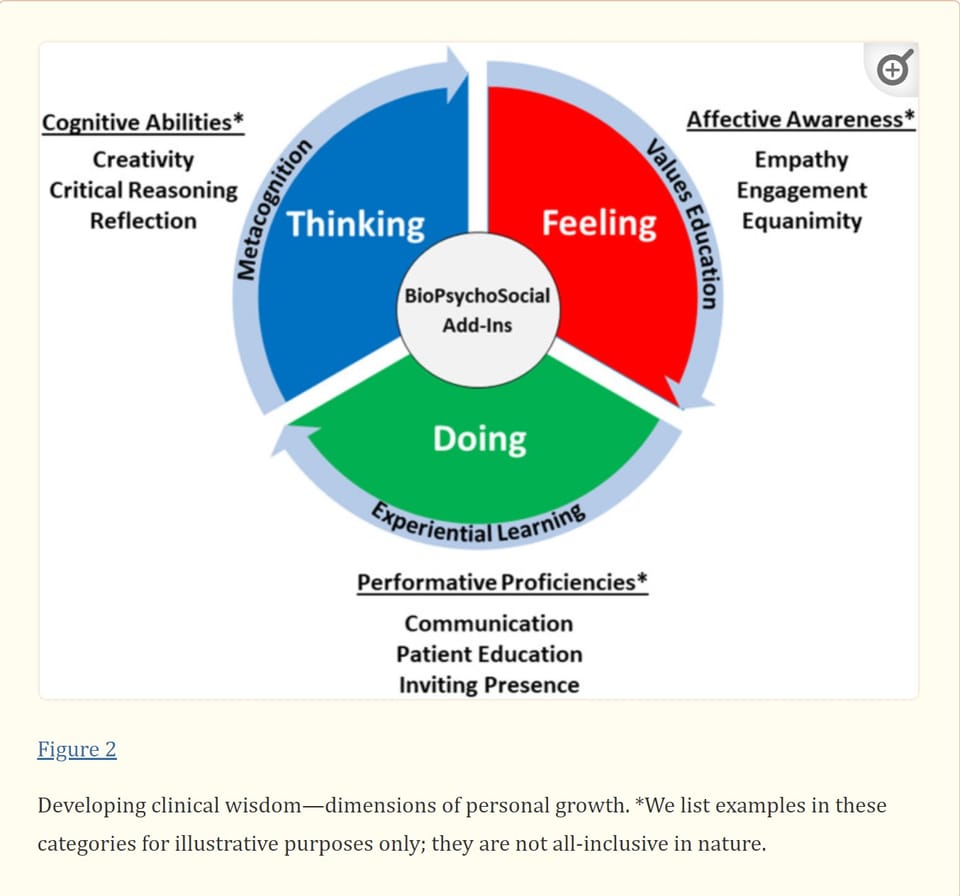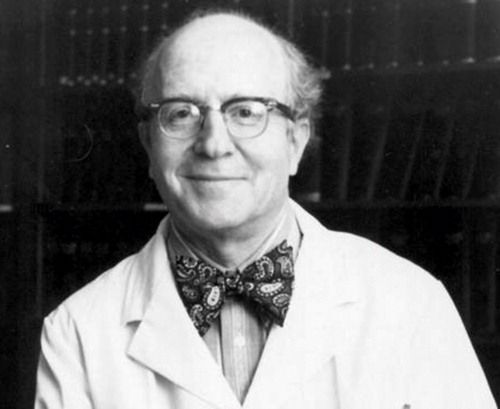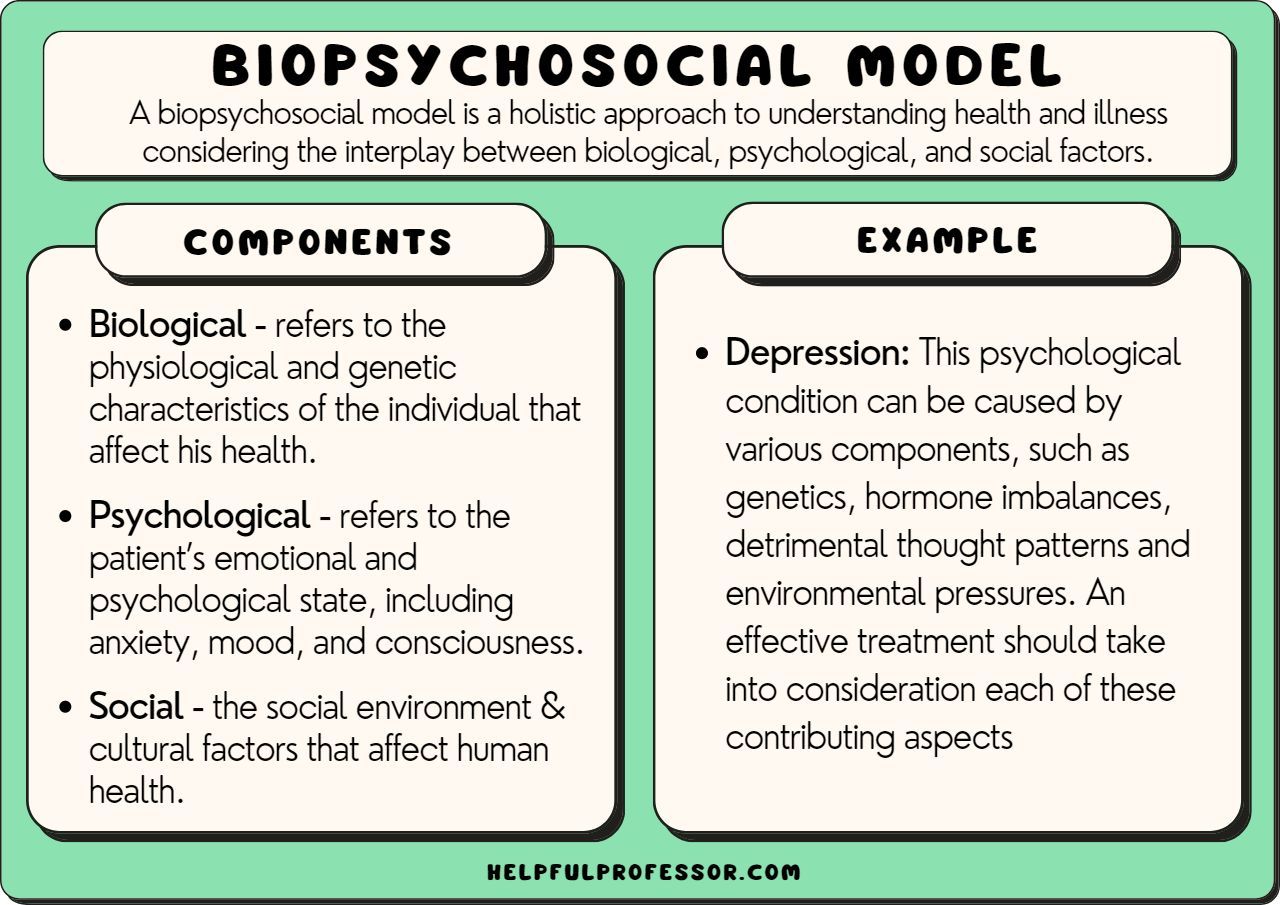Why The BioPsychoSocial Model Is Vitally Important

What Is The BioPsychoSocial Model?
The ScienceDirect posted the definition that the biopsychosocial (BPS) model is a general model positing that biological, psychological (which includes thoughts, emotions, and behaviors), and social (e.g., socioeconomical, socioenvironmental, and cultural) factors, all play a significant role in health and disease.
The APA defines the biopsychosocial model as a systematic integration of biological, psychological, and social approaches to the study of mental health and specific mental disorders. [coined by U.S. psychiatrist George L. Engel (1913–1999)]

History of BioPsychoSocial Model
In the early & the mid-1900s is where we saw the beginning framework for psychology starting to become introduced through more ethical approaches. George L. Engel was a grandfather in psychiatry who had allowed for a more clearer approach to GET IT RIGHT, not to just implement his theories and ideologies, but to shed light where there was a lack of light being shed.
George L. Engel the founder of the BPS model did not deny that the mainstream of biomedical research had fostered important advances in medicine, but he criticized its excessively narrow (biomedical) focus for leading clinicians to regard patients as objects and for ignoring the possibility that the subjective experience of the patient was amenable to scientific study. Engel championed his ideas not only as a scientific proposal, but also as a fundamental ideology that tried to reverse the dehumanization of medicine and disempowerment of patients
Engel First, criticized the dualistic nature of the biomedical model, with its separation of body and mind (which is popularly, but perhaps inaccurately, traced to Descartes).
What The BPS Model Looks Like

Biological
- The biological part of the BPS model has to do with the physiological & genetic characteristics that affect an individuals physical health.
Psychological
- The Psychology part of the BPS model has to do with an individual's emotional & psychological state; whether that be stress, anxiety, or depression.
Social
- The Social part of the BPS model has to do with the environmental and social factors that contribute to an individuals overall health

Why I Think The BioPsychoSocial Model Is Vitally Important
- The BPS model looks at the biological, psychological, and social factors that influence an individual's overall health. When we allow ourselves to look at these 3 factors we see that we create a greater understanding of which factors are causing health issues.
- I endorse the BPS model because it was founded to question research, psychiatry, and psychology in a way that has completely altered the way we do research studies and how we evaluate health.
- Lastly, the prominent reason why we should consider looking at the world through the BPS model is because it emphasize the importance of understanding human health and illness in their fullest contexts.
Questions To Consider
- Biologically how do you feel Physiologically?
- Biologically what genetic factors have you inherited?
- Psychologically how is your emotional state on a day to day basis?
- Psychologically do you struggle with mood, depression, stress, and if so, how does it feel in your body?
- Sociologically what environments are you allowing to put yourself in?
- Sociologically does your social life and relationships align with what you want in life?
Thank you for taking the time to read this article. If you have topics or need helping research topics, feel free to reach out to me at any time Wyatttippit@gmail.com